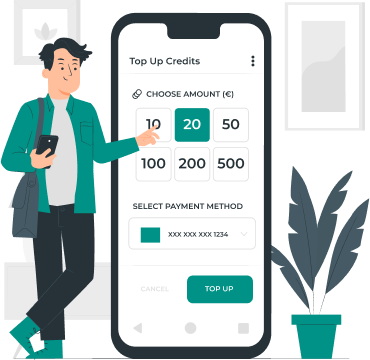Welcome to Premiers Financial PLC | Create Account
Online banking can be very valuable. Tasks that previously required a phone call, or even a trip to your bank such as checking balances, transferring money, reviewing statements or paying bills can now be completed from your personal computer.
Some banks charge monthly fees to maintain your account. In many cases, though, they waive those fees based on certain conditions, such as regular payroll direct deposits, or maintaining a certain balance in your account.
ATMs allow you to withdraw money from your checking account without visiting a bank teller. But some withdrawals could cost you. Many banks charge you to use machines operated by other banks or third parties, and those fees can add up quickly. But some banks reimburse you for ATM fees. If a bank has a large network of ATMs, you might have better access to no-fee withdrawals.
Withdrawing more than your available balance is called an overdraft. Bank overdraft policies may allow your transaction to go through, but you will often be charged a fee. Some banks prevent you from overdrawing your account when swiping your debit card, and some let you request that all transactions are declined when your account doesn’t have enough funds to cover a transaction.
Many banks don’t charge you to pay bills directly from your checking account or to transfer money into savings. If you’re sending money to friends or family, you generally won’t be charged if your bank offers a person-to-person transfer service within the mobile app or online banking. Most major bank apps include Zelle®, a fast and safe way to send money to friends and family. However, if you need to wire money outside the bank to a person or business, you may be charged a fee.


 English
English
 Deutsch
Deutsch
 简体中文
简体中文
 العربيّة
العربيّة
